Top Digital Marketing Terms
4.8 out of 5 based on 4251 votesLast updated on 8th Dec 2022 8.2K Views
- Bookmark

In this blog post, we are discussing the top 10 Digital Marketing Terms that each digital marketer needs to understand and learn it.
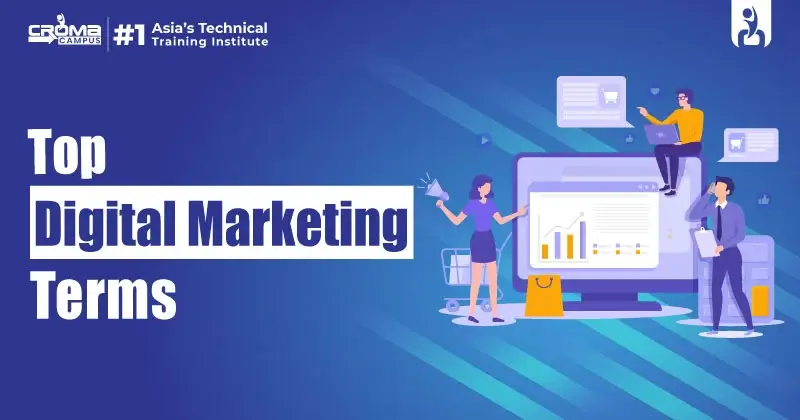
Introduction
The term digital marketing is about the use of digital channels to market services and products in order to reach consumers. This type of marketing involves the use of websites, social media, mobile devices search engines, and other similar channels. You can learn the principles of Digital Marketing at, the Digital Marketing Training Institute in Delhi. Whereas, Digital marketing involves the same principles as traditional marketing. And at times, it is considered a new way for companies to approach consumers and understand their behavior. Companies generally combine traditional and digital marketing techniques into their strategies. Before initiating in the world of Digital Marketing, let’s understand its basic terminologies.
Top Digital Marketing Terms
1. Conversion rate Scenario
Conversion rate is the percentage of potential customers or customers, that take a specific action. The “specific action” can be anything from making a purchase, and opening an email, to signing up for a demo. Besides, the conversion rate becomes an important marketing metric. However, Average conversion rates vary greatly owing to marketing channels and industry.
2. Push & Pull marketing Mechanism
Push marketing is basically a marketing effort to send a targeted message to a given set of potential or existing customer bases. It includes targeted email campaigns, television and radio ads, and more. Pull Marketing is also called inbound marketing.
3. Customer Acquisition Cost and Customer lifetime value (CLV)
Digital marketing is mainly about customer acquisition and retention. Further, Customer acquisition cost (CAC) explains the average cost of acquiring a customer. CAC becomes important when coupled with CLV (customer lifetime value). It explains the potential profitability of your business model. Furthermore, Customer lifetime value (CLV) explains to you the amount of revenue a customer generates for your business.
4. Search engine optimization (SEO)
Search engine optimization (SEO) is one of the most commonly heard marketing terms digital marketers come across. Basically, SEO is the mechanism of increasing the amount and quality of traffic to your website from unpaid web search results. Here, the “unpaid” part becomes important; as SEO excludes paid search.
5. Search engine marketing (SEM) and Search engine results page (SERP)
Search engine marketing (SEM) is the medium of increasing the amount and quality of traffic to your website with SEO and paid advertisements. The search engine results page (SERP) is the page of results a user encounter when they type a term into a search engine. Typically, the higher your SERP rank for a given term, the more likely a user will click on your result.
Also Read This Post: 7ps of digital marketing
An impression is an instance of a piece of online content being shown. Often, the term refers to the world of paid online ads.
7. Clickthrough rate (CTR) and Cost per mille (CPM)
Clickthrough rate (CTR) is the percentage of clicks a campaign gets in relative to the number of impressions. A higher CTR generally implies that campaigns are echoing more effectively with viewers. CPM is generally in use for setting the price of a given paid ad campaign.
8. Cost per click (CPC)
Cost per click (CPC) is the marketing jargon that is about the cost of each click in a paid search campaign. With the CPC model, you pay on the basis of clicks as opposed to impressions.
9. Customer relationship management (CRM)
Customer relationship management (CRM) is the mechanism of building, maintaining, and enhancing an organization's relationship with its customers. Additionally, CRM software is an important aspect of effective CRM.
10. Content management system (CMS)
A content management system (CMS) is a kind of software designed to streamline the process of creating a website and publishing content. CMS software, like the WordPress platform, can help simplify everything from content management to SEO, to user management.
11. Marketing analytics and Bounce rate
Marketing analytics, or digital marketing analytics, is basically a data-driven approach to the measurement of marketing effectiveness. Further, Bounce rate is the ratio of how many users “bounce” after visiting your website. A “bounce” is basically about a visit to your site that doesn’t involve the user visiting any other pages or taking any other actions. Which is, they land on a single page and further leave. Besides, a low bounce rate is significantly better than a high bounce rate.
Conclusion
There is multiple marketing terminology floating around these days. However, keeping up with it all can be tough. You can actively participate in this world, through Digital Marketing Online Training in India. Moreover, not knowing these terms can make it difficult to keep up with conversations about marketing. Lastly, a digital marketer needs to frequently polish up his skills for improvements.
Subscribe For Free Demo
Free Demo for Corporate & Online Trainings.
Your email address will not be published. Required fields are marked *
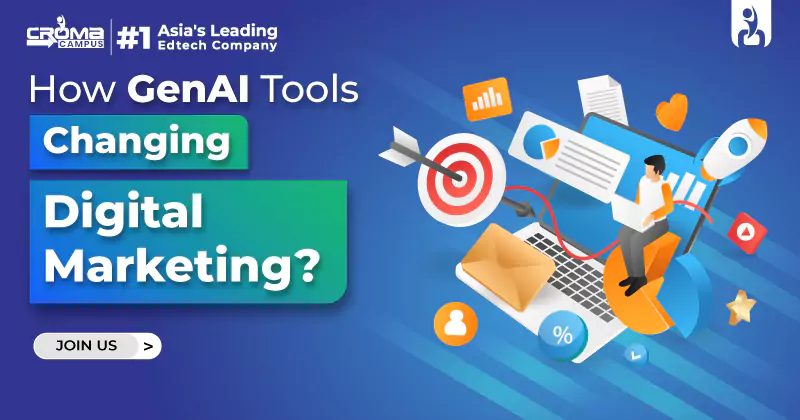
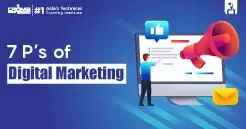
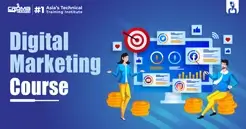
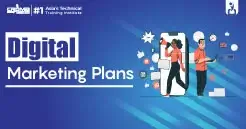

.webp)
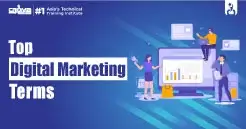
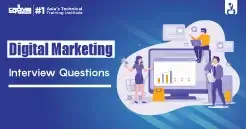
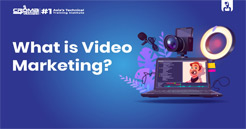
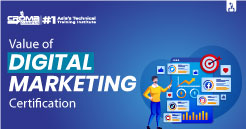












 Master in Cloud Computing Training
Master in Cloud Computing Training